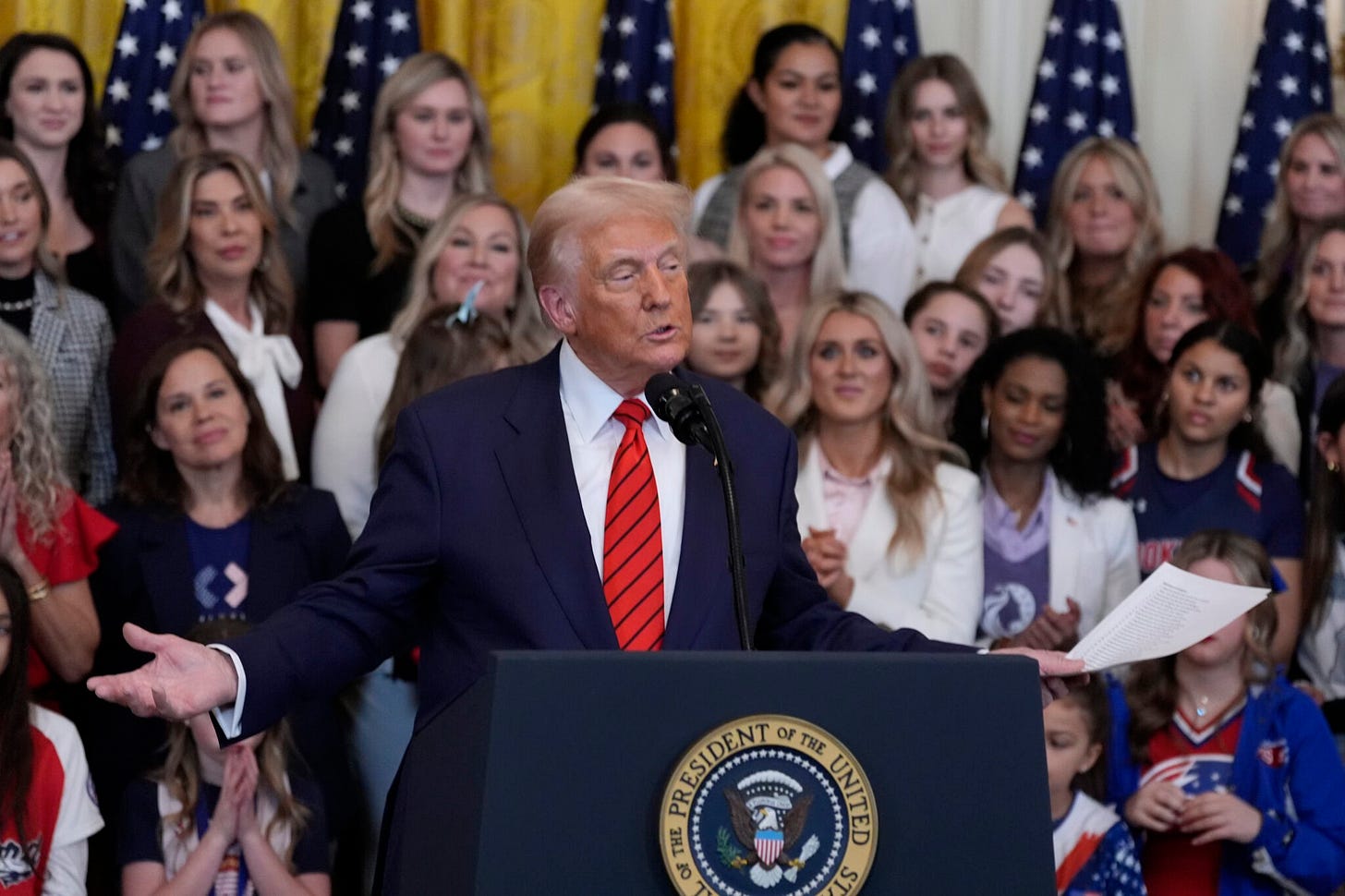Leaked: LGBTQ Groups' Memo On Combatting Trump's Attack On Pediatric Gender Medicine
The secret memo, which is meant to help backers of pediatric gender medicine fight for the field in the court of public opinion, discourages focusing on the quality of the related scientific evidence.

I reported today in The New York Sun about the Trump Justice Department’s decision not to withdraw the complaint, submitted last year by the Biden administration, to the Supreme Court over Tennessee’s ban on pediatric gender-transition treatment. Whether the Trump administration would stay the course despite inevitably switching sides to back Tennessee had hung over the case since President Donald Trump’s victory in November.
The decision in the landmark case is expected in June. Legal observers generally believe that Tennessee will prevail and the court will uphold the state’s ban.
In my new article for the Sun, I also reported about a document I obtained that contains talking points written by LGBTQ advocacy groups. The memo is meant to help supporters of pediatric gender medicine fight in the court of public opinion on behalf…
Keep reading with a 7-day free trial
Subscribe to Hazard Ratio: Benjamin Ryan to keep reading this post and get 7 days of free access to the full post archives.



